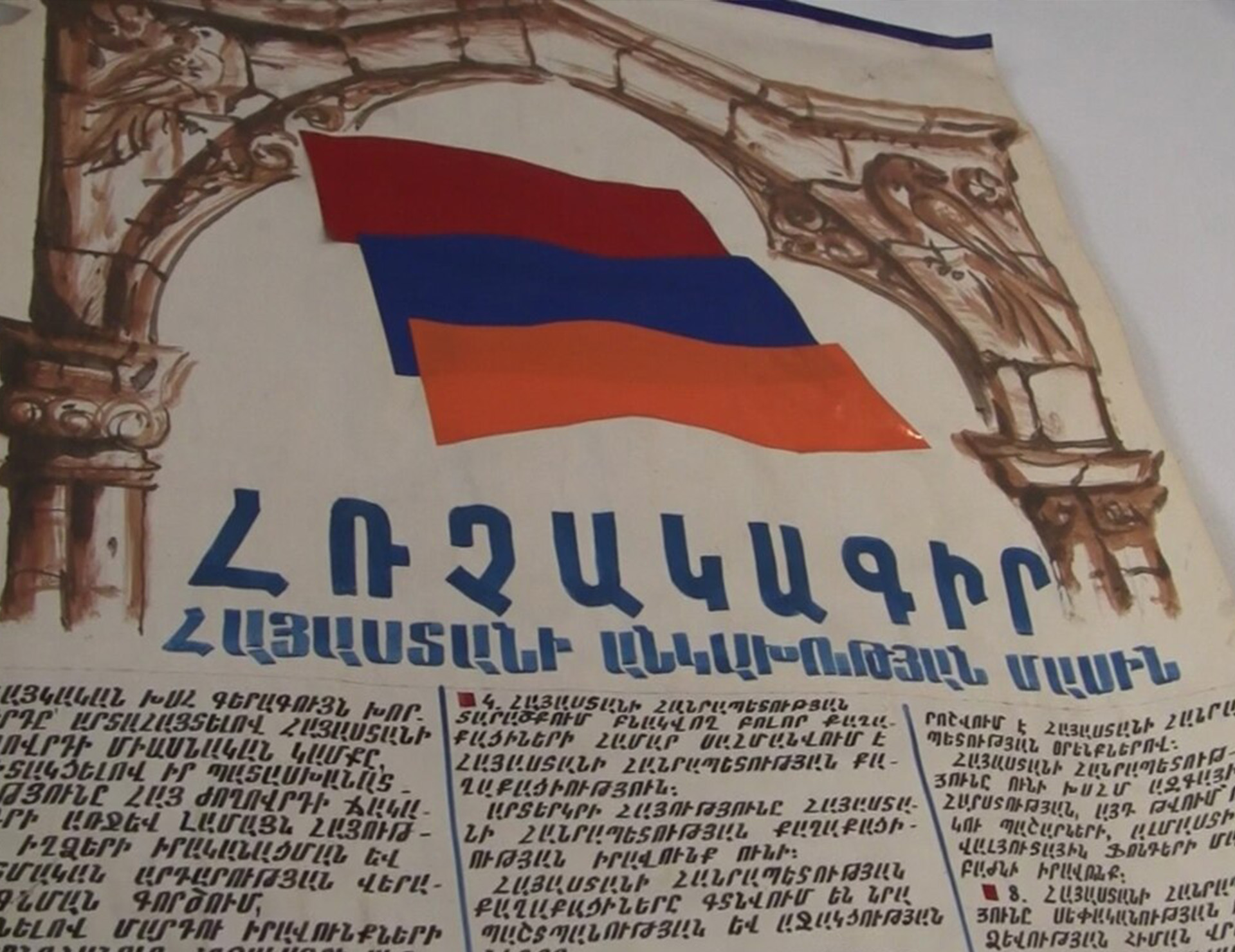Towards the peace deal: abandoning territorial claims and 1990 document

After Azerbaijan secured its territorial integrity for the first time since 1991 following full takeover of Karabakh in September-October, the issue of a/the peace agreement between Baku and Yerevan became relevant again.
On the one hand, both belligerent parties state that they adhere to the 5 basic principles for normalization proposed by the Azerbaijani side, which may generate some optimism. On the other hand, the interpretation of some of these principles and a few other issues remain obstacles for the rapprochement. In this context, the political community in Azerbaijan has some concern when addressing one of the said principles, namely mutually refraining from territorial claims.
Although the incumbent Armenian leadership currently recognizes the territorial integrity of Azerbaijan, including Karabakh, it is questionable whether such a policy will continue in the future. In this context, one should address the domestic legislation of Armenia which may still contain territorial claims against Azerbaijan. Specifically, the Armenian Declaration of State Sovereignty dated 21 September 1990 refers in its preamble to the joint decision of the Supreme Soviet of the Armenian SSR and the National Council of Nagorno-Karabakh dated December 1, 1989 on the unification of the two entities.
The aforementioned declaration serves as the basis for Armenia`s Constitution adopted later in 1995; in other words, it is a legal-normative document superior to the Constitution. In the current situation, the existence of such a document is a source of irritation for the Azerbaijani side. Even though the Azerbaijani government has restored its full sovereignty over Karabakh and is fully in charge on the ground, a risk of bringing up the 1990 Declaration of Independence and restarting territorial claims against Azerbaijan on the basis of it in case revanchist forces come to power in Armenia sometime in the future is also being discussed in Baku.
In the short-term, the peace deal, in case it is concluded by Armenia and Azerbaijan, may also be jeopardized; if the Constitutional Court of Armenia reject to approve the agreement by referring to the 1990 document, it will both prevent the agreement from entering into force and affect the peace process in general.
In the current case, the annulment of the 1990 Declaration does not seem legally realistic either, as it is a document that is superior to the Constitution and established the sovereignty of Armenia.
In his article published in January 2021, just two months after the end of the Second Karabakh War, then President Armen Sargsyan claimed that the current state in Armenia, the Third Republic, had become politically, legally, psychologically and morally bankrupt, and that the country, therefore, needed a new entity which he referred to as the Fourth Republic. Such a transition, if it ever happens, could probably produce a new set of legislation for Armenia and also help to change legal-normative documents that presently irritate Azerbaijan.
In any case, the afore-mentioned issue is one of the topics currently being discussed in Azerbaijan's political circles, and there are certain questions about how the Armenian leadership will address them, and at the same time, how it will prevent political and military revanchism in Armenia in the future. Answers to them could also boost the negotiation and bring the peace deal closer.







